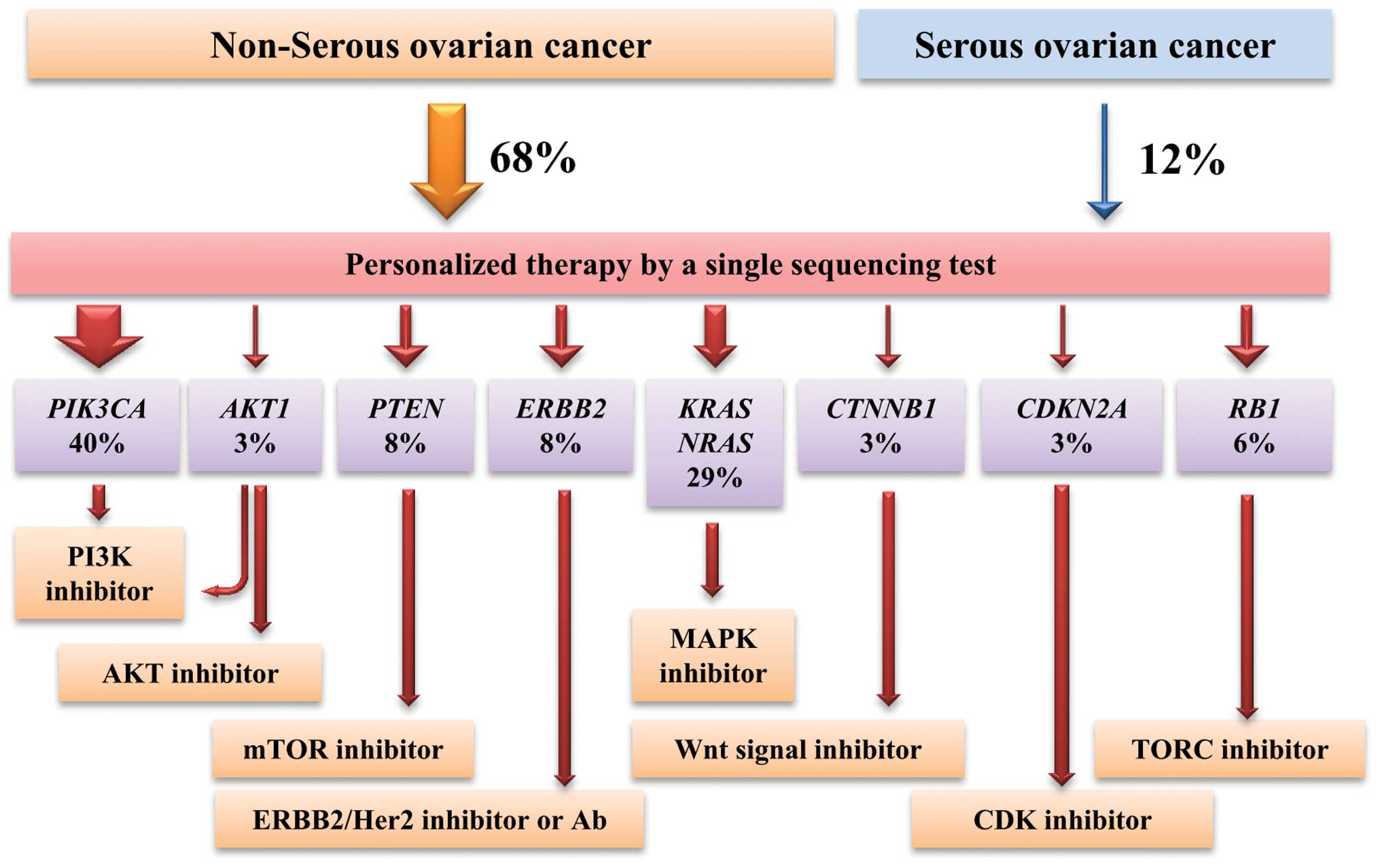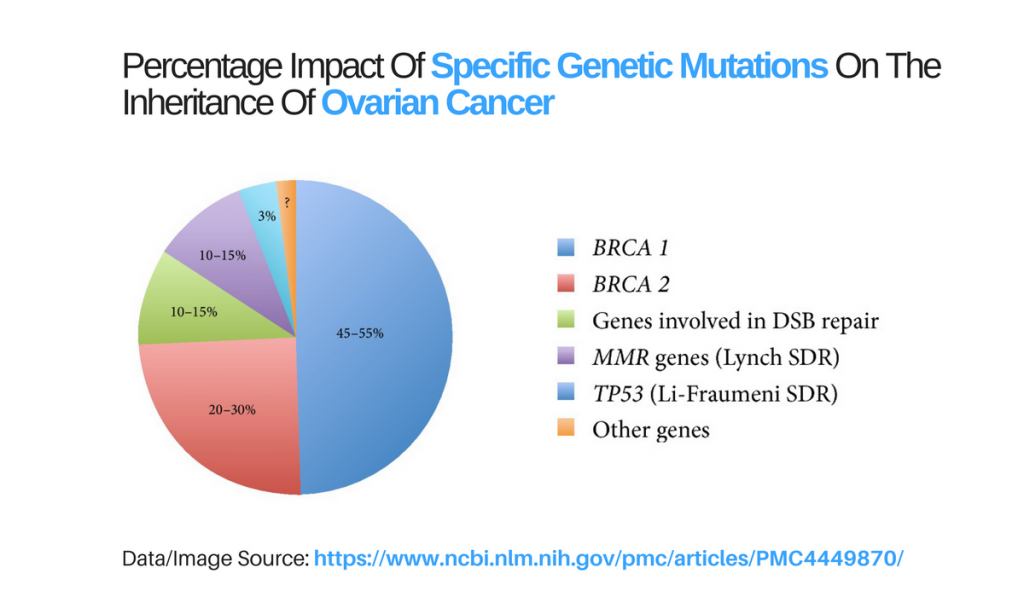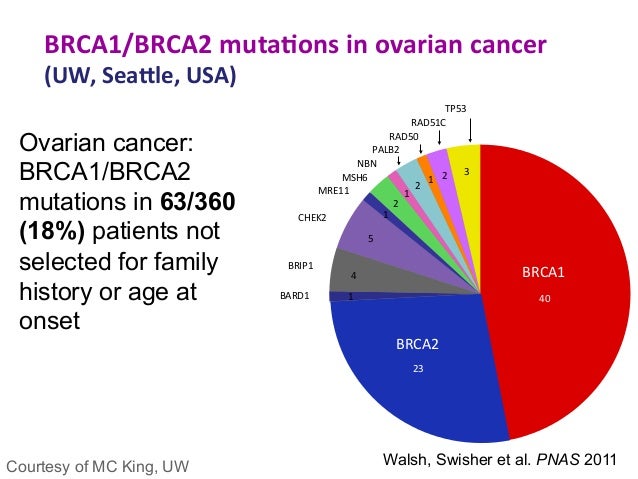By contrast it is estimated that about 44 of women who inherit a harmful brca1 mutation and about 17 of women who inherit a harmful brca2 mutation will develop ovarian cancer by the age of 80. About 13 of women in the general population will develop ovarian cancer sometime during their lives.
 A Key Genes Involved In Etiology Of Various Ovarian Cancer
A Key Genes Involved In Etiology Of Various Ovarian Cancer
what genes are mutated in ovarian cancer is important information accompanied by photo and HD pictures sourced from all websites in the world. Download this image for free in High-Definition resolution the choice "download button" below. If you do not find the exact resolution you are looking for, then go for a native or higher resolution.
Don't forget to bookmark what genes are mutated in ovarian cancer using Ctrl + D (PC) or Command + D (macos). If you are using mobile phone, you could also use menu drawer from browser. Whether it's Windows, Mac, iOs or Android, you will be able to download the images using download button.
The link between brca and ovarian cancer.

What genes are mutated in ovarian cancer. Olaparib lynparza and rucaparib rubraca are used to treat advanced ovarian cancer typically after chemotherapy has been tried. Ovarian cancer is a disease that affects women. The identification of a mutation in ovarian cancer susceptibility genes represents a fundamental step in the diagnosis and treatment of these tumors.
Breast cancer is a disease in which certain cells in the breast become abnormal and multiply uncontrollably to form a tumor. For example breast and ovarian cancer cells. In both women and men the most common form of breast cancer begins in cells lining the milk ducts ductal cancer.
Knowing that you have a brca mutation can impact your treatment options. Although breast cancer is much more common in women this form of cancer can also develop in men. In this form of cancer certain cells in the ovary become abnormal and multiply uncontrollably to form a tumor.
First of all the detection of a specific mutated gene in healthy women may. Her2 a specialized protein that controls cancer growth and spread. In about 90 percent of cases ovarian cancer occurs after age 40 and most cases occur after age 60.
The ras family of genes which makes proteins involved in cell communication pathways cell growth and cell death. It is found in some cancer cells. Brca mutations can allow cancerous cells to divide and grow putting you at a higher risk of developing ovarian cancer.
Only a small portion of women with ovarian cancer have mutated brca genes. Get more information about hereditary breast and gynecologic cancer syndromes in this clinician summary. Therefore mutations in brca1 and brca2 genes are so effective in the increased risk for developing early onset breast cancer and familial ovarian cancer that mutations in these two genes are not only responsible for 90 of hereditary breast cancer cases and but also for the majority of hereditary ovarian cancer 42534 39.
Susceptibility genes and their prevalence in hereditary ovarian syndromes. These drugs can be used in patients with or without mutations in one of the brca genes. Some mutations in other genes are also known to be associated with an increased risk of ovarian cancer however scientists have not yet found all of the genes associated with an increased risk.
Two common oncogenes are. Mutations in these genes are not known to be inherited. The ovaries are the female reproductive organs in which egg cells are produced.
Hereditary ovarian cancer is most commonly caused by a mutation in either the brca1 or brca2 gene. Genetics of breast and gynecologic cancers includes information on brca1 and brca2 variants breast and ovarian cancer and lynch syndrome endometrial cancer.
 Mutations In 12 Genes For Inherited Ovarian Fallopian Tube
Mutations In 12 Genes For Inherited Ovarian Fallopian Tube
 Profiling Of Actionable Gene Alterations In Ovarian Cancer
Profiling Of Actionable Gene Alterations In Ovarian Cancer
 Cancer Genomics At Cbio Serous Ovarian Cancer Tcga
Cancer Genomics At Cbio Serous Ovarian Cancer Tcga
 Ovarian Cancer Genetics Subtypes And Risk Factors Intechopen
Ovarian Cancer Genetics Subtypes And Risk Factors Intechopen
 Can Women Really Inherit Ovarian Cancer Onco Blog
Can Women Really Inherit Ovarian Cancer Onco Blog
 New Strategies In The Treatment Of Ovarian Cancer Current
New Strategies In The Treatment Of Ovarian Cancer Current
 Myriad Genetics Patients Families Ovarian Cancer
Myriad Genetics Patients Families Ovarian Cancer
 Efrat Levy Lahad Genetic Testing For Breast And Ovarian Cancer
Efrat Levy Lahad Genetic Testing For Breast And Ovarian Cancer
 Genome Sequencing Is Mapping A Path To Personalized
Genome Sequencing Is Mapping A Path To Personalized
 Reconstructed Genetic Landscape Of Ovarian Cancer Pie Min
Reconstructed Genetic Landscape Of Ovarian Cancer Pie Min
Change In Referral Strategies For Genetic Hereditary Testing
